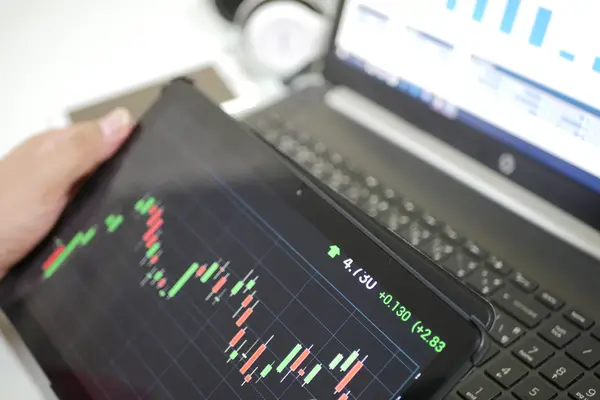There are several different types of forex markets for traders. The international over the counter (OTC) forex marketplace is divided into several unique financial facets. The different kinds of trading markets are used to establish investment strategies and dictate the exchange of foreign currencies across the globe. As a trader, you want to know about the different markets for selling, purchasing, speculating, and exchanging. This way, you can successfully get involved with forex dealers, hedge funds, and other profitable capital management groups. Read on to learn about the different types of forex markets for traders.
Forward Market
First off, the forward market is a popular type of forex exchange for traders. The forward market offers financial assets that are priced in advanced. While it tends to mainly be used for foreign exchange, it also can be applied for other investable securities, assets, or rates. Essentially, this market works by creating forward contracts. These contracts are used for forex hedging and speculation. In addition, they can be transacted between consumers and other financial institutions. They can even be custom designed to suit the individual holder’s requests. This type of market is a great step for newly starting forex traders in the market. Definitely, another type of forex market for traders involves forwards.
Futures Market
Next, futures are another type of forex market for experienced traders. These markets offer standardized futures contracts to purchase, sell, or exchange currency at a pre-defined date and time. This kind of contracts can be traded at notable future exchanges around the globe. Unlike alternate options, futures contracts are publicly traded, non-customizable, and protected against credit losses. These guarantors are typically processed by a financial intermediary, known as a clearinghouse. Certainly, traders learning about the different types of forex markets need to get familiar with futures.
Spot Market
As you get familiar with the different types of forex markets, it is helpful to learn about spot exchanges as well. Unlike NASDAQ exchange trading, the spot market offers immediate, quick payments for traders at specified rates. This type of exchanges makes up nearly a third of all foreign and domestic currency transactions. On average, these trades take approximately 1 to 2 days to fully process and settle. This allows you to strategically manipulate volatility throughout the foreign currency market, which can ultimately increase or reduce the final price. Surely, the spot exchange is another type of forex market available for traders.
Swap Market
Additionally, the swap market is another forex exchange traders should learn more about before investing. A swap transaction is when two investors borrow and lend two types of currencies at the same time. For example, Investor A would borrow a specific currency from Investor B. Then, they would be re-paid with a second currency. This type of transaction is often used to pay off financial obligations between two private parties. Afterwards, they can still continue trading without worrying about risks of foreign exchange. For sure, the swap market offers many innovative options to execute transactions for traders.
Interbank Market
Additionally, the interbank market offers plenty of opportunities in foreign exchanges for new traders. The interbank market involves banks that network and trade different types of currencies with each other. It functions in unison with a dealing desk that analyzes traded currencies. Within this market, banks are configured for constant and effective communication. This way, they can guarantee exchange rates stay consistent worldwide. Trades on this exchange are often huge, with minimum trade deals being worth around $1 million. In fact, average trades range from about $5 million to $100 million. That’s why exchange rates need to be fixed throughout this high volume, competitve market. Of course, the interbank market is the perfect foreign exchange market for high volume traders.
There are several different types of forex markets for traders. Being aware of these markets, you’ll be able to save money daily. First, the forward market allows trades between investors and financial institutions. Futures offer the ability to trade at a specific date and time. In addition, spot exchanges incentivize traders with instant transactions at defined price points. Next, the swap market offers the ability to conduct trades between parties with different currencies. Of course, interbank markets offer traders the ability to trade in high volumes. Read on and learn the several different types of forex markets for traders.
 Business First Family Business, Accounting, Finance, Investing, Marketing And Management
Business First Family Business, Accounting, Finance, Investing, Marketing And Management
